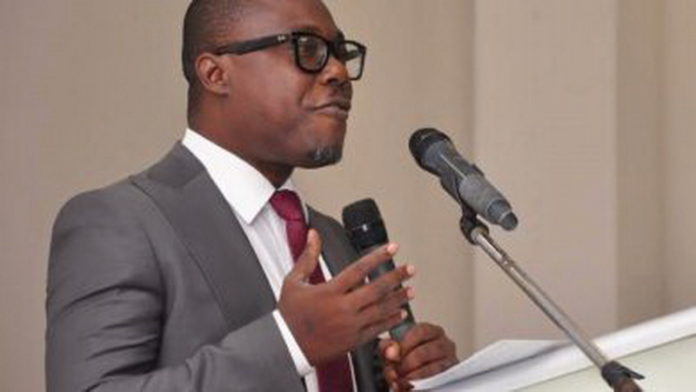The relevance or otherwise of the institution of chieftaincy has been brought to the fore, following the impasse between Oyerepa FM and some chiefs.
It must, however, be stated emphatically that, Ghana isn’t a Monarchy. Chiefs do not have the power and right to order or suggest the shut down of radio stations. They are traditional leaders who are expected to be the custodians of our culture and traditions.
They must also play a role in our democratic practice as agents of unity and development, uniting all manner of people in their jurisdiction for development.
It is true that some have argued for the institution of chieftaincy to be scrapped because they feel it is anachronistic. It is true that some chiefs have been involved in needless protracted chieftaincy disputes that have led to the dissipation of scarce national resources needed for national development, diverted to maintain peace in their jurisdiction.
It is true that some chiefs have meddled in partisan politics and undermined their cherished role as agents of unit. It is true that some chiefs have involved themselves in galamsey and multiple sale of lands in a manner that has brought their credibility and relevance into question in our democratic dispensation.
It is also true that some chiefs are absentee chiefs who have abandoned their traditional roles into the hands of caretakers. Again it is true that some chiefs no longer perform many of their traditional rites that makes them real chiefs because, they’ve been converted by Christianity.
It must however be noted that, the tentacles of government in a developing country like Ghana, does not extend to every part of the country. Not all villages have access to the courts, police stations, etc.
It is the chiefs who administer justice and protect peace among the people in these remote areas. Also, not all chiefs have misconducted themselves. Some have been very decent, hardworking and maintained some political neutrality that has made them forces to reckon with, especially in times of national crisis that needs some background consultations and resolutions. Many people are not aware that but for the intervention of some chiefs behind the scenes, Ghana would have imploded after the 2008 elections.
Hence, even though some may have problems with the institution of chieftaincy, our traditional authorities can be helped to expand on the frontiers of their role that complements that of government in a manner that shores up their relevance in our current democratic dispensation.
In the current impasse between some Chiefs and a radio station, I believe that, regardless of the tone used, the chiefs only suggested the shutdown of Oyerepa FM. But the owners accepted the suggestion with alacrity, out of fear.
The media is the Fourth Estate of the Realm and Oyerepa FM could have respectfully ignored the suggestion and reported their fear of attacks to the police for protection. For not doing this, Oyerepa FM and it’s Management are not fit to be counted part of the Fourth Estate of the Realm for their demonstration of morbid fear. Any blame for the closure of the radio station should therefore be laid at the doorstep of the radio station owners for being weak.
The Chiefs could have helped our democracy by reporting the owners of the radio station to the NMC without “directing” or suggesting the close down of the radio station. Suggesting the closure of a radio station and acceptance of same by its owners, blatantly offends our laws and democratic tenets.
This said, generally, media’s penchant for hosting people who spit fire; sew discord and peddle propaganda, without thinking about the consequences of these to society, must also be called out.
Media outlets worth their salt, have criteria for inviting people they host on their programmes. Propaganda, controversy, and one’s ability to spit fire just to make the news, aren’t part of the requirement for hosting people on media shows in democracies that are advanced. It is always one’s knowledge and grasp of the issues to be discussed, that become the driving factor dictating who must be hosted.
Amateur media houses and even the aged ones must take note of this and learn to improve on their decisions with regards to who is selected to be hosted. This would save them needless stress, legal suits and embarrassment.
Finally, I reiterate the point that chiefs, regardless of their challenges, are still relevant and deserve our respect. But they cannot overstep the boundaries of their powers and role by arrogating to themselves powers that must be exercised only by the state and government. They must walk the tightrope of playing their decent traditional-modern roles while complementing the role of the state in order to maintain their relevance.

